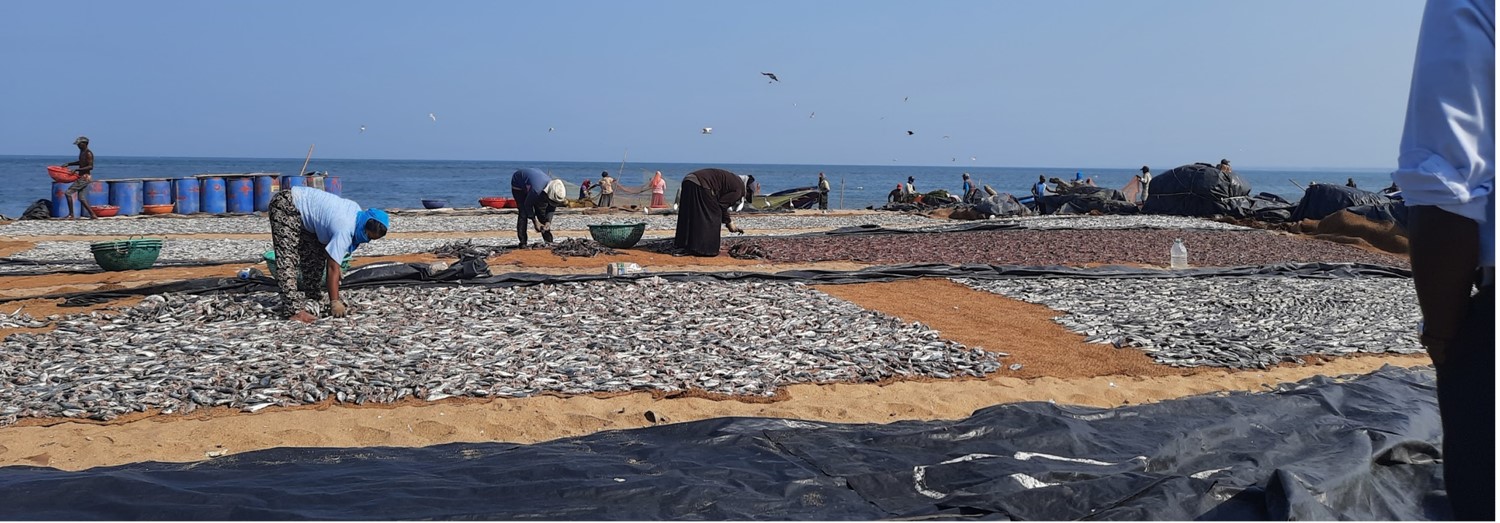

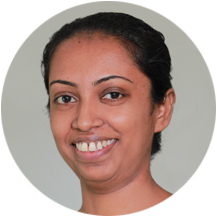
Gayathri obtained her PhD from the Wageningen University in the Netherlands, studying how intersectional social identities shape livelihoods in post-war contexts. She has over twelve years of research experience, and experience as a trainer/facilitator on qualitative research methods.
Her past research and publications include post-war development and rebuilding, livelihoods, gender and intersectional identities, entrepreneurship, with a specific focus on coastal communities.
She has studied and published on coastal livelihoods, focusing on intersectional analysis of access to coastal resources, risks and coping strategies of coastal communities, conflict and fisheries interlinkages, and fisheries value chains. Apart from producing academic and policy documents, she uses her interest in photography to document the vibrant coastal lives and livelihoods. Her methodological orientation is qualitative and includes ethnography. At CEPA, Gayathri leads the Livelihoods and Employment Thematic area.
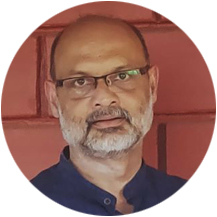
Amalendu Jyotishi has a PhD in Economics from Institute for Social and Economic Change, Bangalore University. He has years of teaching experience including masters and PhD students. Presently at Azim Premji University, he is a Professor teaching in the School of Development.
Areas of interest include Fish for food and nutrition security, Commons, Environment and Natural Resource Management, Legal Pluralism, Subsistence Economy and Sustainability
He has published his research in journals, edited volumes and working papers. He is also an author, and a reviewer for several reputed journals as well.
He is also an advisor to an online video magazine on development and environment issues named as Re[View]. He writes poems in his personal blog, a website and has published a few in the critical mirror.

Holly Hapke, Ph.D. Syracuse University, is the Director of Research Development, School of Social Sciences UCI. She is a geographer and interdisciplinary social scientist with research interests in political economy, rural development, gender, fisheries and food production systems, migration, ecological conflict, and South Asia.
Her specific research projects have examined the impact of technological transformation and globalization on artisanal fishing communities, fish markets, and fisherfolk livelihoods in India; technological transformation in the flue-cured tobacco industry of eastern North Carolina; transnational Latinx migration in the US South; cultural impacts of Gulf migration in India; and the role of fish in food security for the urban poor in India and Ghana.
Prior to UCI, she spent 22 years as a professor in the Department of Geography, Planning and Environment at East Carolina University where she also served as Associate Dean for Faculty Development and Distance Education in the Harriot College of Arts and Sciences from 2010 to 2014.
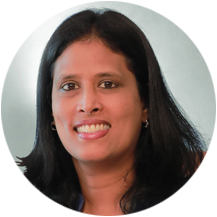
Karin has a Master’s in Sustainable International Development from Brandeis University, USA. She has over 15 years’ experience in implementing Development and Environmental Management projects with NGOs and multilateral agencies. Karin has in-depth knowledge and expertise in Sustainable Development, Monitoring and Evaluation, Facilitation and Training. She has carried out many research assignments, consultancies, generated and contributed to many knowledge outputs. Karin is also a Qualitative Researcher. At CEPA, she heads the Sustainable Development Thematic Programme that concentrates on building evidence and generating a dialogue on sustainable systems in order to integrate this knowledge into development policy and practice at local and global levels. Over the past 12 years at CEPA, she has led and managed multiple research projects that cover numerous topics related to the environment and climate change, estate sector, labour, education, infrastructure, and resettlement.
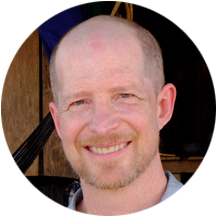
Derek Johnson is Professor and Head of the Department of Anthropology, at the University of Manitoba.
Derek completed his B.A. in social anthropology and international relations from the University of Toronto. His M.A. and PhD (2002) are from the University of Guelph in sociology and international development studies and in rural studies. The title of his doctoral dissertation is Emptying the Sea of Wealth: Globalisation and the Gujarat Fishery, 1950-1999.
Derek held a Social Sciences and Research Council of Canada Post-doctoral Fellowship at MARE from 2003 to 2005.
He was attached to the university of Amsterdam, for his Post-doctoral Studies in Anthropology, legal pluralism, and fisheries governance,
Derek’s broad research focus is the political ecology of small-scale fisheries governance. Also of interest are intersections between political ecology and social wellbeing and the social economy of dried fish in South and Southeast Asia.
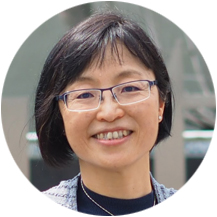
Kyoko Kusakabe is Professor of Gender and Development Studies, School of Environment, Resources and Development, Asian Institute of Technology, She has over 20 years of experience in research and teaching gender and development in Asia especially focusing on the Mekong subregion. Professor Kusakabe is also passionate about working with NGOs and government organisations for gender mainstreaming and integration of gender issues.
Her work focuses on gender analysis of labor migration, garment factory workers, women in the informal economy and agriculture and fisheries. Her current work centers around social reproduction of migrant workers, women migrant workers under special economic zones and cross border investments, as well as migration as survival strategies for fishing communities. She co-authored a book, Thailand’s Hidden Workforce: Burmese migrant women factory workers (Zed Books) with Ruth Pearson and co-edited, Gender, mobilities and livelihood transformations (Routledge).
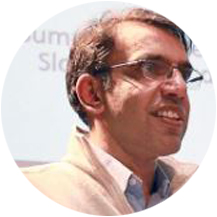
Ajit Menon, Ph.D, University of Madras, 2001, is a Professor at the Madras Institute of Development Studies. He researches primarily the political ecology of forests and fisheries in south India. His interests include the workings of development and capitalism, how they shape nature and conservation, and the environmental justice implications thereof. He is an Editor of the journal Conservation and Society.
Ajit received his undergraduate degree. in History and Political Science, from Williams College, U.S.A., and M.A. in Rural Development, from University of Sussex, U.K.
His research is primarily aimed at understanding how and when the environment becomes important and the contestations both material and ontological that underlie conflicts over the environment in general and the commons in particular. Forested landscapes in south India have provided the site for most of his research but he is increasingly interested in the political ecology of fisheries as well.
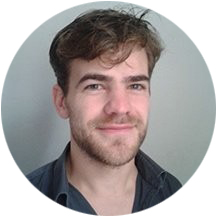
Joeri Scholtens is a postdoctoral researcher and lecturer at the Department of Geography, Planning and International Development Studies and at the Institute for Interdisciplinary Studies. He holds a PhD in Social Sciences from the University of Amsterdam, a MSc in Environment and Natural Resource Management from the VU University Amsterdam, and a BSc in Liberal Arts and Sciences from the University of Amsterdam.
He is affiliated to the Governance and Inclusive Development research group at the Amsterdam Institute of Social Science Research and also to the Center for Maritime Research. His research and teaching interests converge around fisheries conflicts and governance, transboundary natural resource management, and inclusive sustainable development. He is also engaged in thesis supervision and teaching various courses at postgraduate programmes
For his PhD research he worked on protracted transboundary fisheries conflicts in South Asia and on the reproduction of marginality of resource users in this conflict.
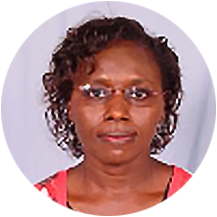
Betty Nyonje, PhD in Agriculture (Aquaculture) from Humboldt University, Germany (2006), is a Senior Research Officer of Kenya Marine and Fisheries Research Institute, Mombasa. Assistant Director, Mariculture Department, Kenya Marine and Fisheries Research Institute
She is currently a member of the secretariat of the High-Level Panel for a Sustainable Ocean Economy at the Executive Office of the President, Government of Kenya. Dr Nyonje, has a MSc. Aquaculture, from Ghent University, Belgium, and a BSc. Zoology, from University of Khartoum, Sudan .
Her areas of specialization include Aquaculture Research and policy, Fish seed production and Hatchery Management; Seaweed farming, Artemia production. She holds several other key positions; as member of Blue Economy Secretariat – Executive Office of the President; National Project Coordinator, FAO – Blue Growth Initiative Projects in Coastal Kenya; and as Head, Mariculture Division, Ministry of Agriculture Livestock and Fisheries;